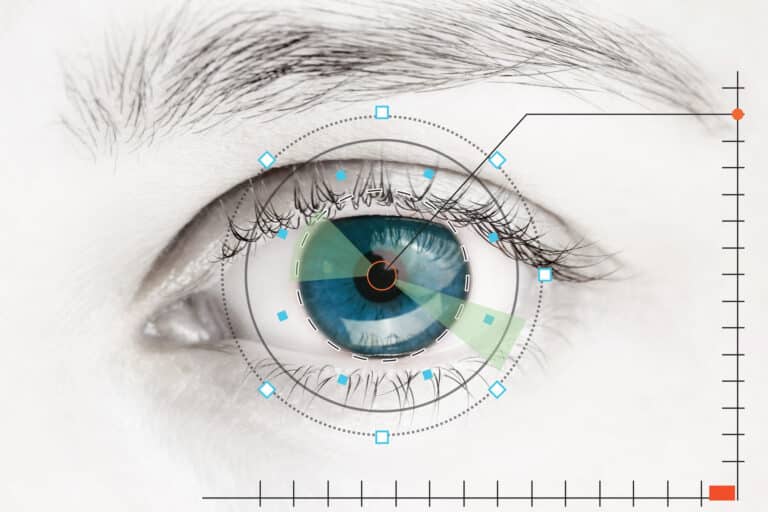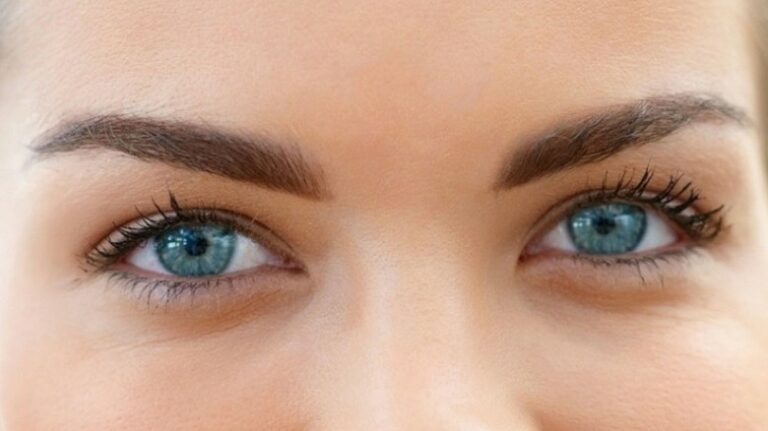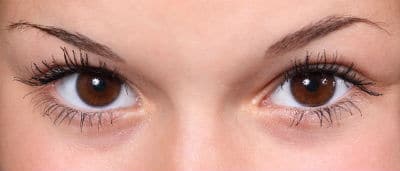Five facts about color blindness
Vision color deficiency, otherwise known as color blindness, affects one’s ability to see red, green, blue, or a combination of these colors. It is rare that someone will see no color at all. Men are far more likely to be color blind than women.From a global perspective, 1 in 12 men is color blind compared…
Read MoreThe season of the red eye is upon us. Here’s what you can do
Red eyes, itchy eyes, sore eyes – they’re concerning no matter the season. But with spring in the air, it’s a good time to learn more about what could be causing your eye discomfort. Here are six reasons for irritated eyes and what you can do about them. 1.) Dry eye This is one of…
Read MoreSymptoms that could mean more than normal vision changes
According to the National Eye Institute, some 135 million people worldwide have an eye condition that causes “low vision.” Low vision isn’t simply what happens normally to our vision as we age, but can be the result of certain eye diseases and other health conditions that cause irreversible damage — from cataracts and glaucoma to…
Read MoreWhy pressure is bad for your eyes
Being under pressure can help some people work at their highest level, but over time, stress and pressure can be bad for your health. This is also true when it comes to pressure and eye health. When the eye’s optic nerve experiences an increase in intraocular pressure (IOC), you can loose your sight to the…
Read MoreDon’t live with this inherited condition
As with many health conditions we face in life, Fuchs’ dystrophy is an inherited problem, which means there isn’t much that can be done to avoid its effects. Fuchs’ causes “corneal endothelia dystrophy,” which is a vision-threatening alteration of the cornea’s delicate inner lining. But even though this disease is genetic, it doesn’t mean you…
Read MoreWhat can you do to avoid vision loss? See this
Eye Conditions,Macular Degeneration
Keeping your eyes healthy starts with knowledge, especially when it comes to diseases that can harm your vision. For example, the most common reason for vision loss in people over 40 is a clouding of the eye’s lens called cataracts. They often happen as a result of aging, but there are other contributors to forming…
Read MoreShedding a light on the causes of near-sightedness
New research has shown that cases of near-sightedness in this country and around the world have been rising dramatically. Near-sightedness (myopia) is a condition that causes distant objects to appear blurry, and it used to be blamed mostly on genetics. Today, however, studies are suggesting that there are other, non-hereditary factors at work. Here’s why:…
Read MoreHere’s what your eye trouble might mean
It can cause us alarm when we notice we aren’t seeing clearly. Maybe things we try to look at up close seem blurry; or maybe things we used to be able to see in the distance look fuzzy. Patients often come to see us with these kinds of complaints, and most of the time, these…
Read MoreDo you see weird floating specks? Believe it or not, it’s normal.
If you constantly see specks, flashes of light or bright streaks floating through your line of sight, it might cause you concern. And if those specks, dots, squiggles – even flickering lights and lightening bolts — disappear when you try to stare right at them, it can make the experience even more alarming. But the…
Read More










